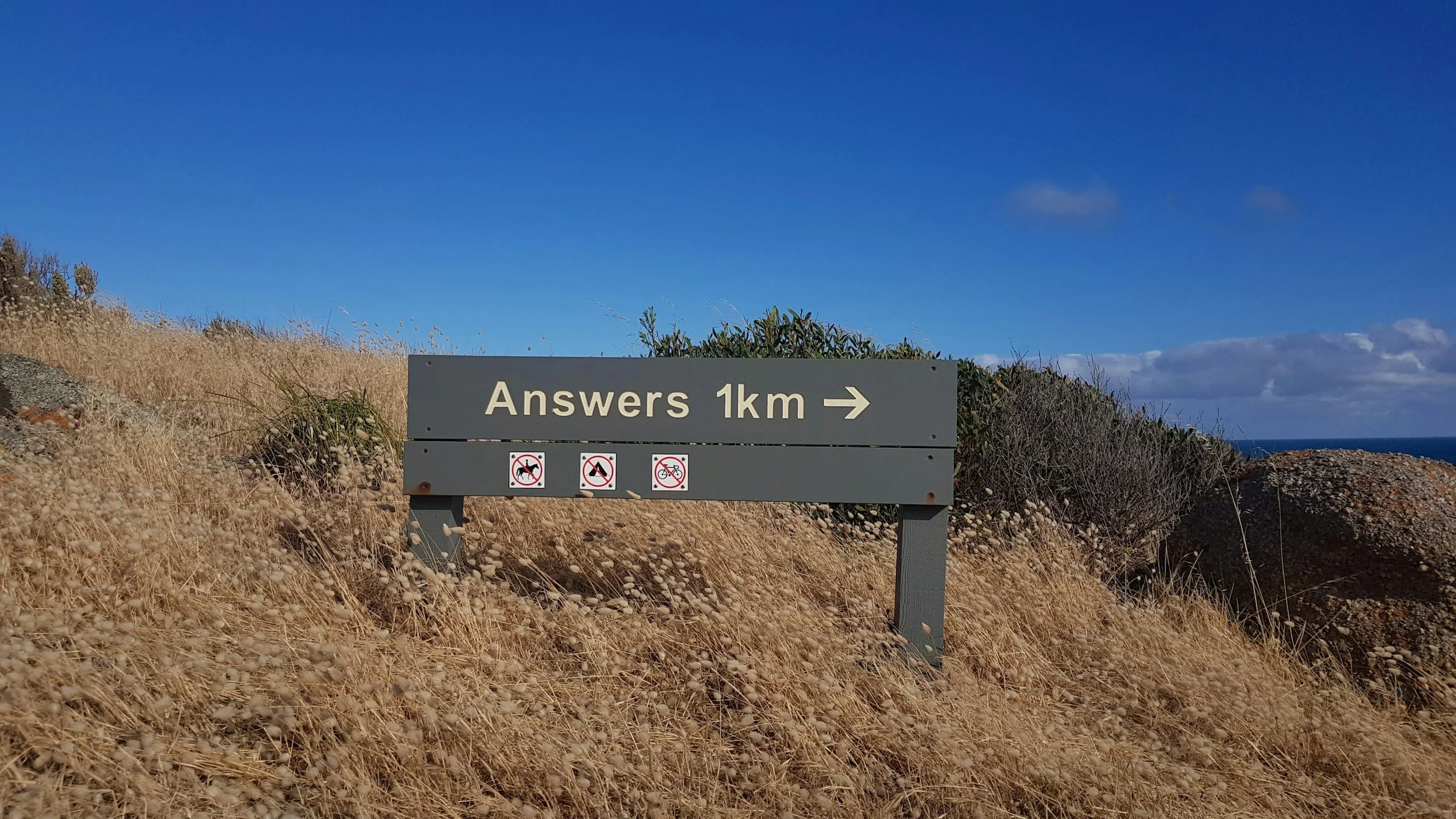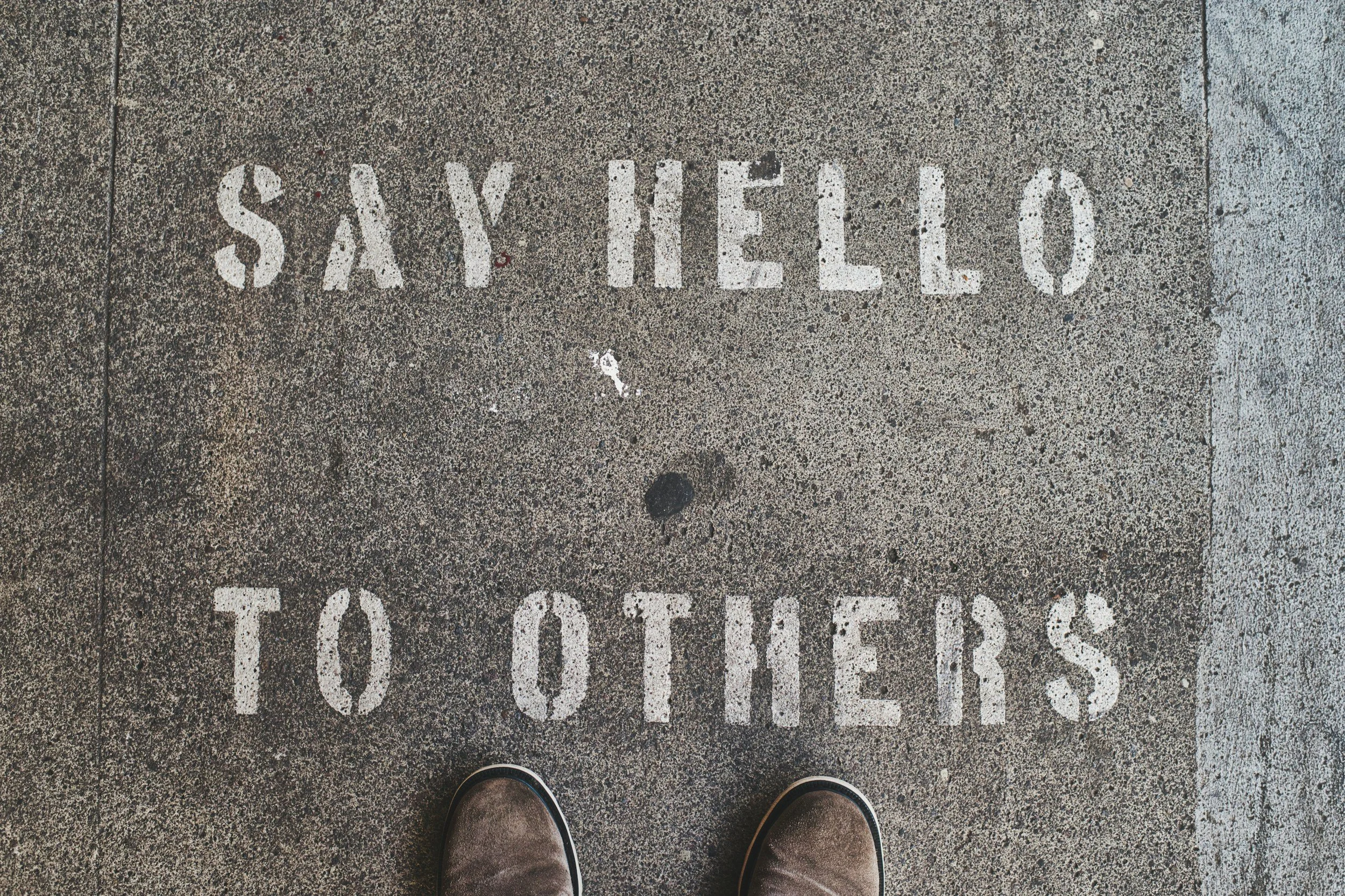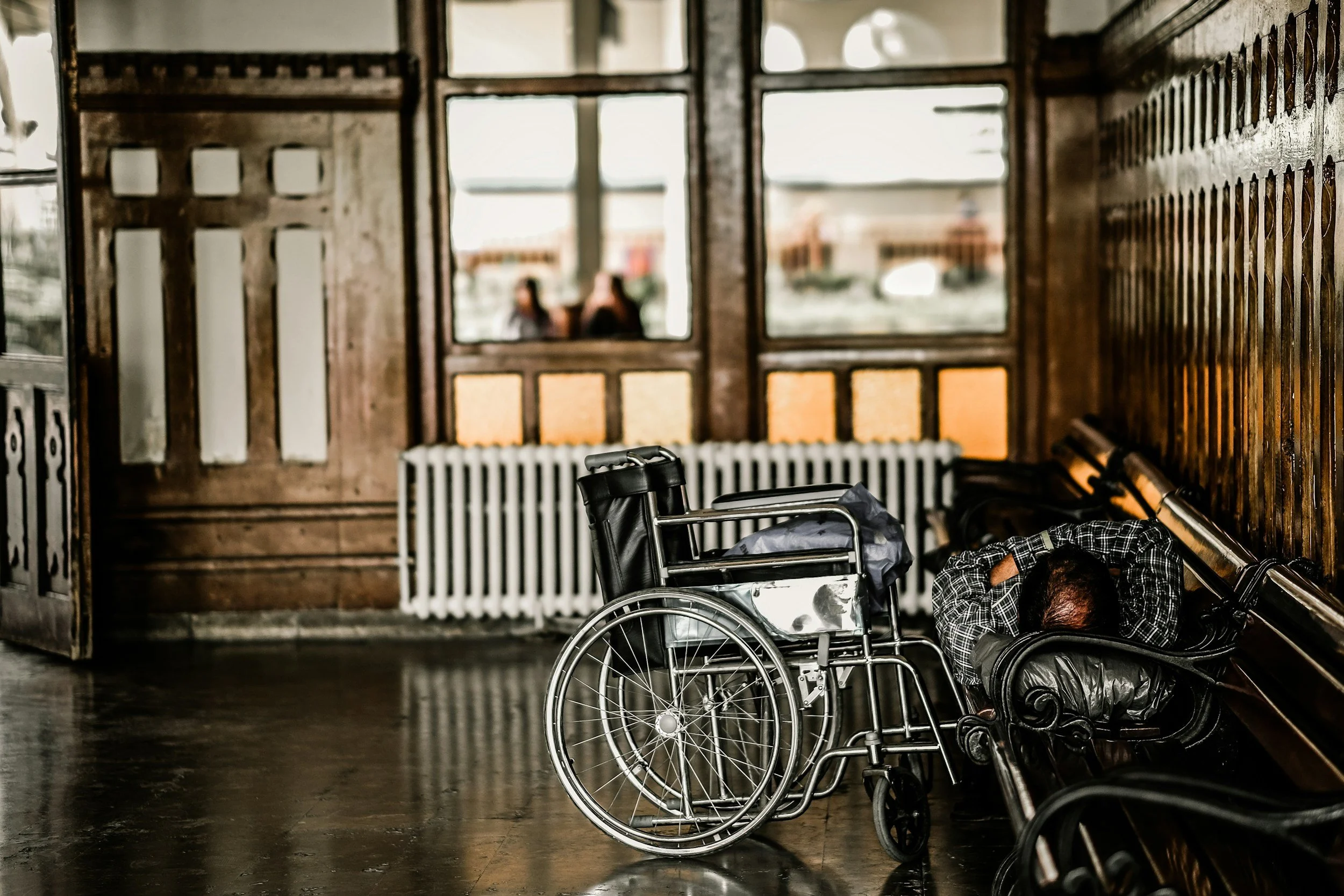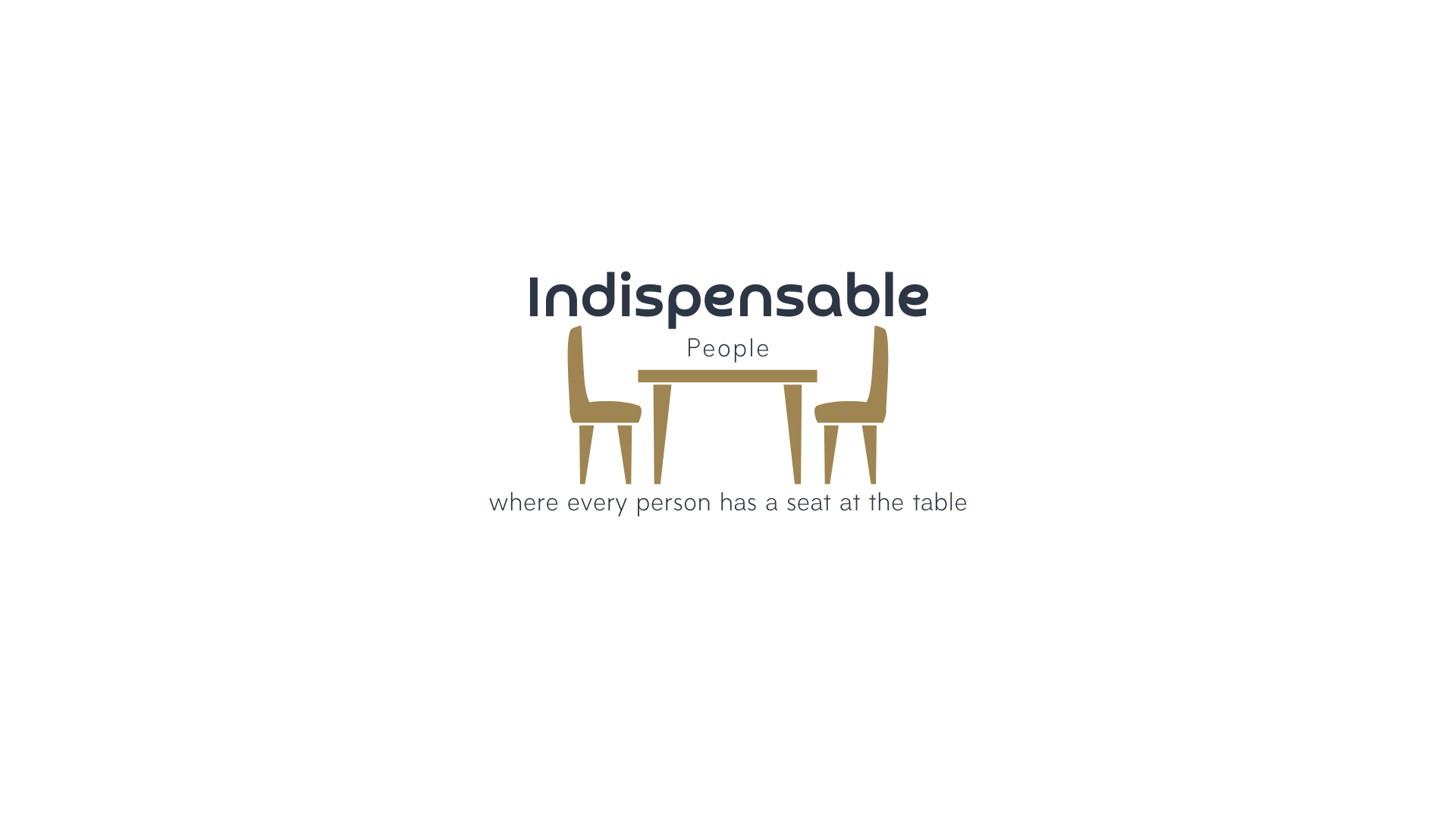
Stop Saying “Let Us Know” And Start Showing Up
Ready to make the gospel accessible in real, measurable ways? Start by bearing one anothers burdens.

Accessibility Is Discipleship
Noise-canceling headphones on a wall hook can be an act of love. We share practical steps for sensory bags, mobile carts, and affordable sensory rooms that make the gospel accessible. What’s the first item you’d stock?

When Understanding Starts With Being Understood
If the lights buzz and the heart is heavy, learning stalls. We break down sensory fixes, emotional tools, and the “simple, concrete, repeat” method for teaching God’s Word.

Answering Hard Faith Questions About Disability With Honesty And Care
“Why did God make me this way?” We face the toughest questions families ask about disability and faith—starting with listening, then Scripture, then hope.

Preparing a Team for Disability Ministry
Most churches think they’re disability-friendly. Most families disagree. Discover how to recruit, train, and protect volunteers while truly welcoming every family.

Guiding Faith with Compliance
“Legal minimums” won’t make your church accessible. Learn how to move from ADA exemptions to real inclusion, handle meltdowns with dignity, and write policies that protect everyone.

Exempt isn’t Enough
Can a church refuse to pass meds? What about seizures, bathrooms, or volunteers alone with kids? We share practical answers and a simple framework: safe, social, spiritual access.

Addressing Hard Topics with Love
“Be intentional.” From ASL readiness to busy bags and better hospitality, we share simple moves that make the gospel accessible—physically, socially, and spiritually. What tool would help most in your church right now?

We Serve Best When We Plan with People, Not For Them
“Be intentional.” From ASL readiness to busy bags and better hospitality, we share simple moves that make the gospel accessible—physically, socially, and spiritually. What tool would help most in your church right now?

What happens when we assume competence and simply say hello?
Respect. Kindness. A simple hello. Learn how small choices reshape accessibility, belonging, and gospel reach—straight from lived experience and real ministry wins. Ready to open your doors wider? What’s your first step?

How Predictable Transitions Unlock Access
Transitions might be one barrier we can fix today. Hear how low-cost strategies make services feel safe, clear, and inviting. Which cue—visual, audio, or tactile—would help your space most?

If-Then, Now-Next
Predictability is pastoral care. Learn how “if-then” and “now-next” help autistic and ADHD congregants navigate transitions and participate fully. Ready to build social and spiritual access, not just ramps? What’s your biggest barrier?

When Access Becomes Discipleship: Communication
Ever felt left out by language? We map the path from isolation to inclusion with strategies for hearing, speech, visual, and mobility needs. Tune in, grab the checklist, and tell us: Where does your church need the most growth?

Breaking Down Labels
"A label is not defining. A label is a piece." Powerful reminder that disability diagnoses don't tell the whole story. Getting to know someone changes everything. How do you move beyond stereotypes?

How Polyvagal Theory Shapes Disability Ministry
Your nervous system decides if a place is safe before your conscious mind even processes it. This explains why first days are hardest for people with disabilities in new environments. Learn how to create genuine safety in your church or ministry.

Redefining Inclusion in Faith Communities: Beyond the Worldly Definition
The world says inclusion means "I belong wherever I want." True inclusion means having accessibility to fit where God wants you. What does inclusion look like in your faith community? Listen to our latest episode on redefining inclusion in church.

Understanding Stimming: Building Bridges, Not Barriers
When someone with autism is stimming, should you mimic them? This question challenged everything I thought I knew about connecting with people on the spectrum. The answer isn't simple—but it might change how you think about inclusion.

Navigating Neurodiveristy in Ministry
What happens when a brain that craves structure meets impulsivity? Our episode on "AuADHD" explores this complex intersection and how churches can support those with overlapping neurodevelopmental conditions.

Understanding Learning Disabilities: Breaking Down Barriers
Learning disabilities impact far more than academics - they affect social connections, self-esteem, and spiritual engagement. But does your church have a plan?

Understanding Autism: Beyond Labels
"Understand the layers of identity, but remember being a Christ-follower comes first." Dive into the complexities of autism labeling, person-first language, and making the gospel accessible to everyone regardless of ability.
About the Blog
The world has gone from an isolating perspective of people with disabilities to a celebration of disabilities. In years past, it is unlikely to have regular interaction with someone with a disability. Today, statistics show that almost 1 in 5 people are impacted by disability. Over 60 million Americans have a disability. Yet, over 80% of those people do not attend church.
Thankfully, we’ve come so far in our treatment of people with disabilities, but we’ve not fully arrived. In the almost 10 years I have been in disability ministry, the statistics changed from 90% to a little over 80% of people with disabilities not attending church. The world has taken significant, not perfect, but significant steps, like television shows, campaigns, and inclusion in our schools and sports.
The world looks like it’s doing a better job, and to some degree it is, but we’re nowhere near where we need to be. Especially the church. The over 80% of people with disabilities not attending church is unacceptable! It’s time for our churches to make big strides. The church must become the most welcoming, valuing, and inclusive place for individuals with disabilities and their families.
The future is bright because pastors, leaders, churches, and volunteers are stepping out and standing up to make sure all of the parts of the body of Christ are included in His church. Not enough, not perfectly, but we are seeing a shift, and the pastors and leaders recognize the need.
God created his people for fellowship. He created us to know Him and love Him through a relationship with Him. Beyond the ultimate goal of being in a relationship with God, the scriptures are endless regarding the benefits, promises, and commands of fellowshipping with one another. No one was meant to live alone. We were meant for community. So let’s keep the conversation going so that we can work together towards the goal of a fully accessible church. Physically accessible, socially accessible, and spiritually accessible. So that every person can have the opportunity to know Christ, grow in Him, and serve Him with the gifts He has given.
Everyone wants a how-to, step-by-step instruction booklet. Parents want it for raising children. A handbook on teenagers would be fantastic! A written job description gives direction to a new employee. However, the fix of a quick read from the endless books, pamphlets, or descriptions that exist to inform us on the how-to of any topic will never outdo the entirety of the Bible. The scriptures should always be your first resource. But after that, I have some resources for you! Recently, I have written a book about my personal experience as a parent, titled “The Indispensable Kid” as well as a ministry how-to book, titled “Gospel Accessibility and Indispensable People: Disability Ministry, Foundations, Relationships, Programs, Strategies, and Co-laboring in Christ.” Click the link to order yours today!





